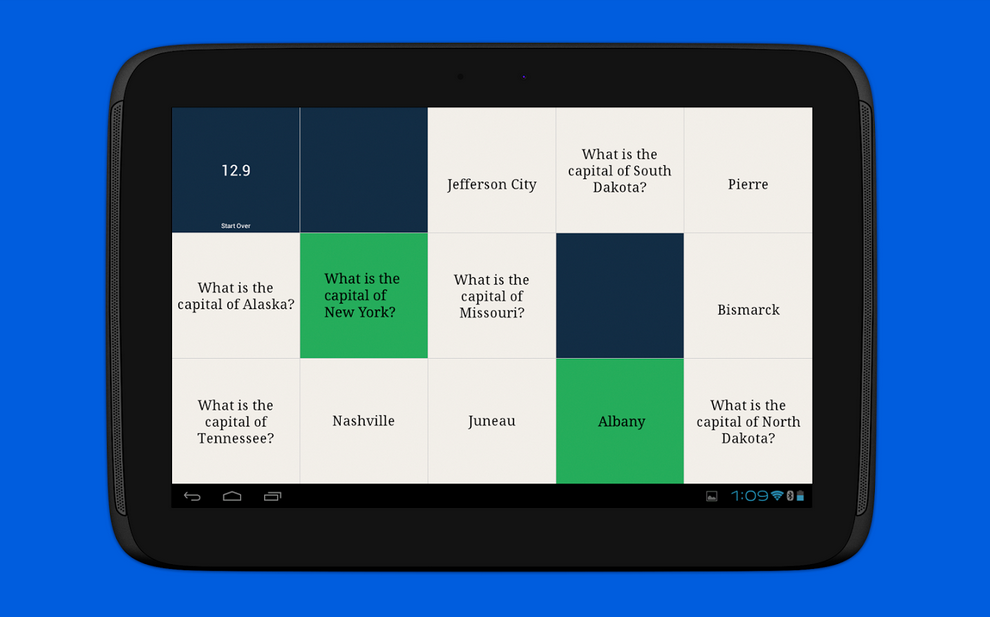Mixing Business with Pleasure: Using Socrative on Smartphones in Class!
Most students have smartphones. I didn’t used to enjoy them fooling around with these gadgets in class, whether they were browsing through their social media updates or texting. Since I don’t like policing my class either, I integrated the use of cell phones into my class. I made them a tool for learning!
Socrative
It was a workshop that I attended on Socrative that inspired me. Socrative is an application that allows teachers to ask students questions and to test them using different devices, whether it be a smartphone, tablet or laptop. Students receive their results in real time. On many occasions throughout the semester, I like to know where my students are at with the material, but I am even more interested in whether they have assimilated the content from my courses. Socrative is so easy to use that it lets me test what my students have just learned in class, which allows me to follow their progress and plan the next class based on their needs.
I have been using this tool to integrate cell phones into my class since the fall semester of 2013. It helps me get to know my class even better!
That said, Socrative can do much more. The students can also ask the teacher questions (anonymously if they prefer). This function removes the shyness factor that some of the students experience. As an example, one of the hardest subjects for English as a Second Language students is verb tenses. At the end of the first class on verb tenses, I put some time aside to ensure that they have understood everything. Instead of testing them, I ask them to send me their questions on the material. I receive these on my Socrative account, then use the LCD projector to put the questions I feel will spark the most discussion on screen. It works every time. Not only does this encourage some discussion, but I can also make adjustments to my teaching if necessary.
Another interesting approach with the phones is to put the exercises on Omnivox for students to do before class. That way, they can continue to use their smartphone as they see fit during class time, while the others are catching up on the exercises they should have completed prior to class.
The tip of the iceberg …
I like integrating technology into my courses. I don’t think we need to use technology all the time (it kind of loses its magic over time), but some smartphone apps are very useful for teaching! Other than Socrative, I discovered two other apps that I use in my course: The Merriam Webster dictionary and Quizlet. Dictionaries are always very useful, but somewhat cumbersome. Free and hidden within a smartphone, they seem to be much more useful for my students – following them in their pocket wherever they go!

Example of Flashcards in Quizlet
As for Quizlet, it’s a very useful tool for learning. It allows students to create flashcards which help them to memorize material. Quizlet even offers the option to make a game. One of the tasks I ask my students to do is to create a series of flashcards on their computer which they can subsequently transfer to their smartphone. It’s an excellent study tool.
A responsible use of technology
Technology is a tool for us. Depending on how we use them, tablets, smartphones and other gadgets can be very useful in the classroom. Not only are my students messing around a lot less than before I integrated smartphone use into my lesson plan, but they are also learning to use these devices in a responsible way for a constructive purpose.

